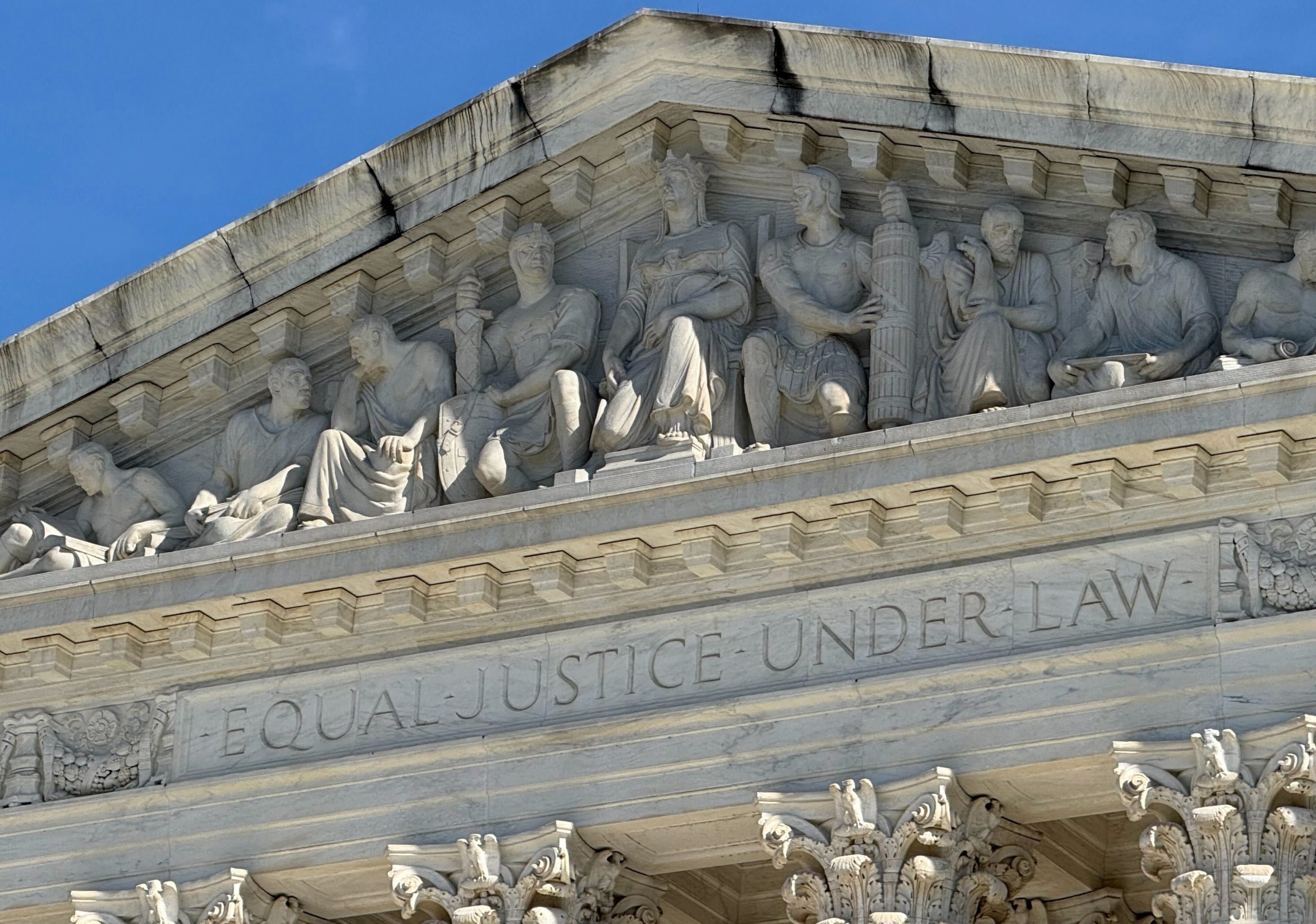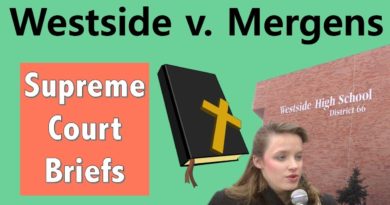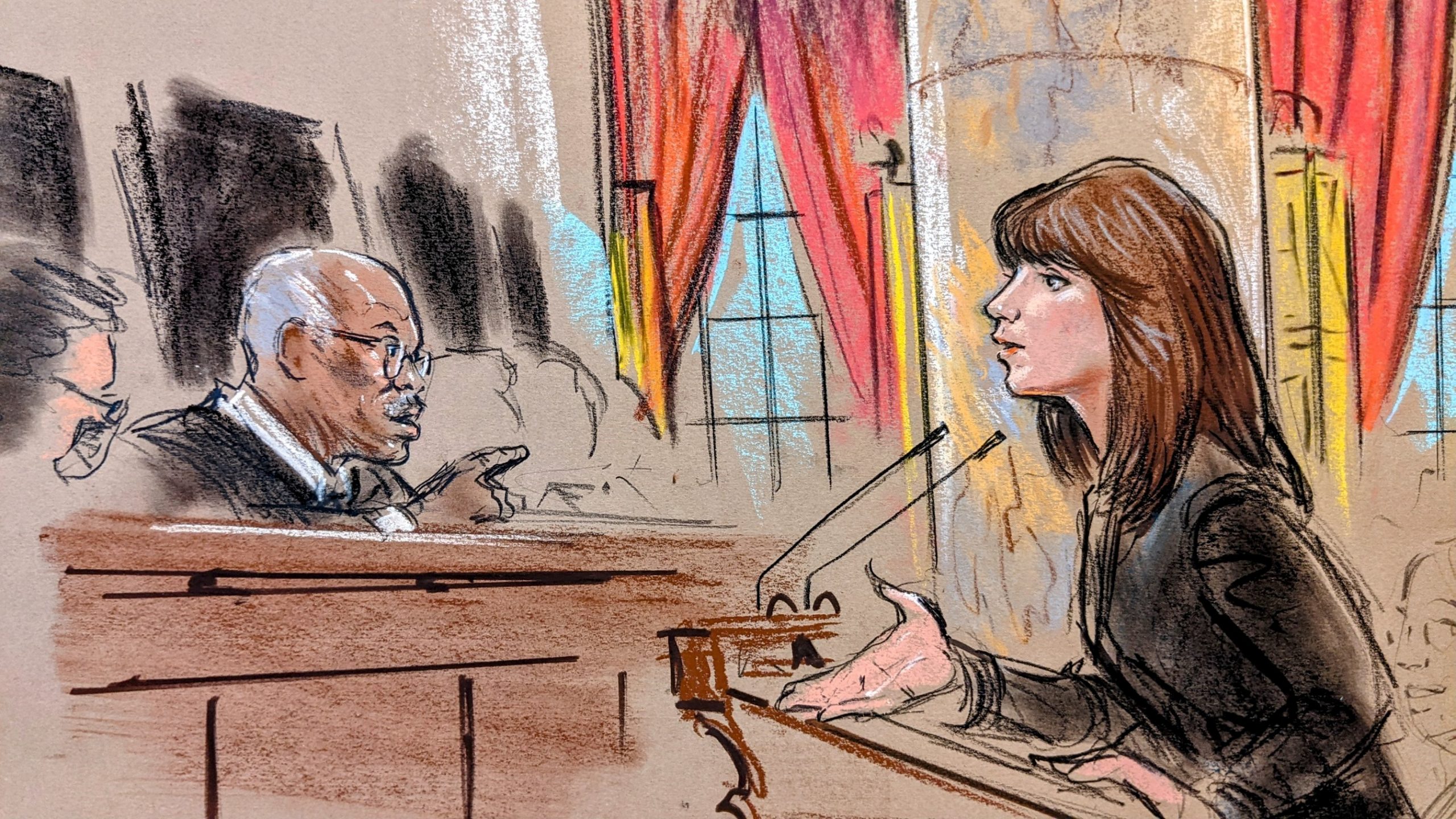Supreme
CASE PREVIEW
The stakes in the case are high: Medical groups, including the American Medical Association, say that the use of flavored e-cigarettes by young people is a “public health crisis.” Members of the vaping industry counter that such products can help adults to quit smoking traditional cigarettes, and they add that a ruling against the companies could “decimate the vaping industry.”
The law at the center of the case is the Family Smoking Prevention and Tobacco Control Act. The Such authorization requires, among other things, the applicant to show that marketing the product would be “appropriate for the protection of the public health.” The FDA applies that standard by considering “the risks and benefits to the population as a whole,” including both the chances that people who currently use tobacco products will stop doing so and the prospect that people who do not use tobacco products will start to use them.
E-cigarettes, also known as vapes, are battery-powered devices that heat a liquid, producing an aerosol that the e-cigarette user then inhales. E The The Using flavored liquids, the FDA explained, makes young people more likely to use e-cigarettes and, ultimately, tobacco; by contrast, the FDA concluded, it had not found any evidence that flavored e-liquids would provide a benefit to adult smokers.
Triton and Vapetasia then went to the U.S. Court of Appeals for the 5th Circuit, asking that court to put the denials on hold while they appealed. The The opinion by Judge Andrew Oldham, often mentioned as a possible nominee for the Supreme Court if a vacancy arises during the second Trump administration, accused the FDA of pulling “regulatory switcheroos.” In the court’s view, the agency gave the manufacturers of e-cigarette products specific instructions that they followed, only to turn around and deny Triton and Vapetasia’s applications (as well as thousands of others) while ignoring those instructions and imposing, without acknowledging it, new requirements.
The FDA came to the Supreme Court in March, asking the justices to review the 5th Circuit’s decision. The court agreed in July to take up the case.
The FDA emphasizes that under the federal law governing administrative agencies, the 5th Circuit’s only job was to determine whether the agency’s denial of Triton and Vapetasia’s requests to market flavored e-cigarette liquids was arbitrary and capricious – a standard that simply requires the agency’s actions to be “reasonable and reasonably explained.”
Seven other federal courts of appeals considering similar cases, U.S. U Pre Pre Pre Even if that was a mistake by the FDA, Prelogar says, it was a harmless one, because the FDA has repeatedly concluded that these kinds of conventional marketing and sales restrictions are not enough to keep e-cigarettes out of the hands of young people.
Triton and Vapetasia urge the court to leave the 5th Circuit’s ruling in place, calling the FDA’s denials of their applications “quintessential arbitrary agency action.”
Characterizing e-cigarette products as “a less harmful alternative to traditional cigarettes” that do “not involve burning tobacco or inhaling smoke,” the companies tell the justices that their applications included evidence demonstrating that e-cigarette products “help reduce the overall adverse health effects from tobacco products by transitioning current tobacco users to less harmful tobacco products.”
But without any warning to manufacturers, the companies argue, the FDA “secretly changed its requirements for flavored products,” deciding instead that it “would only authorize flavored products if they were more effective than tobacco-flavored products at helping smokers quit or reduce their use of cigarettes.” Moreover, they add, the FDA did not give Triton and Vapetasia a chance to amend their applications to try to meet the new requirements.
And despite its suggestion to the contrary, Triton and Vapetasia contend, the FDA’s failure to consider the companies’ marketing plans and restrictions to keep the e-cigarette liquids out of the hands of young people was not harmless. The In What This






